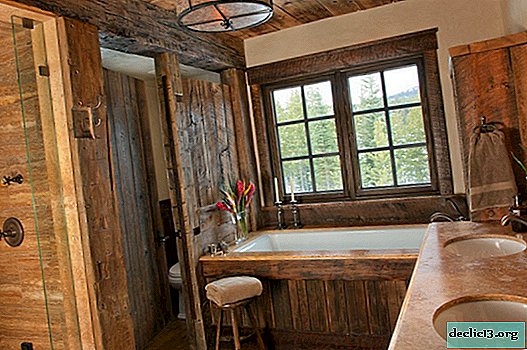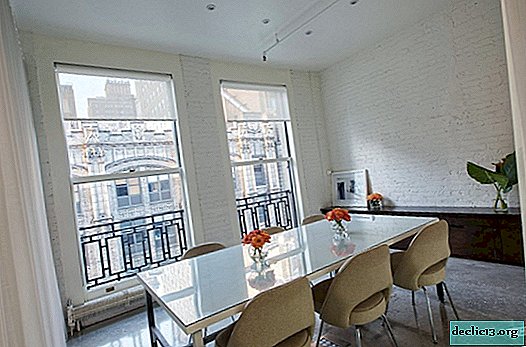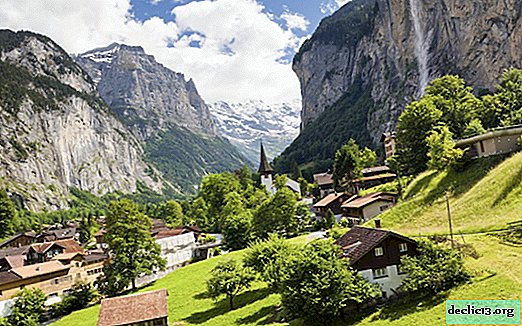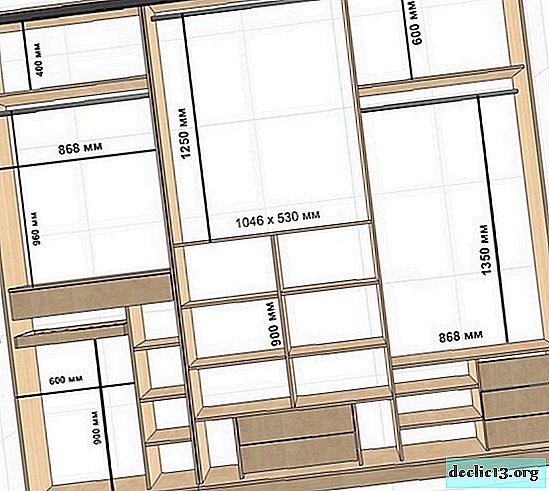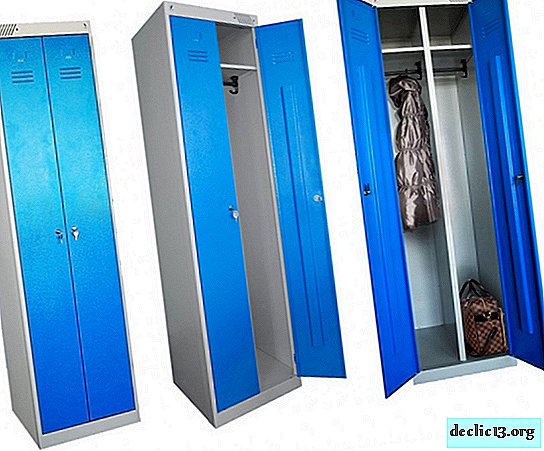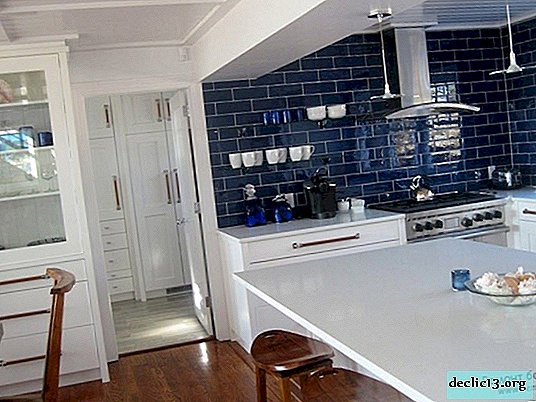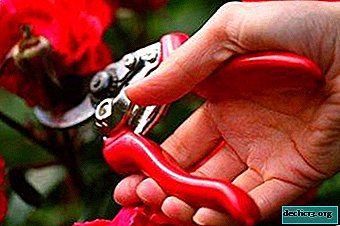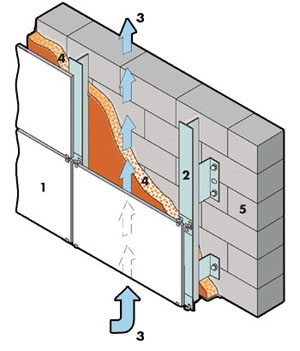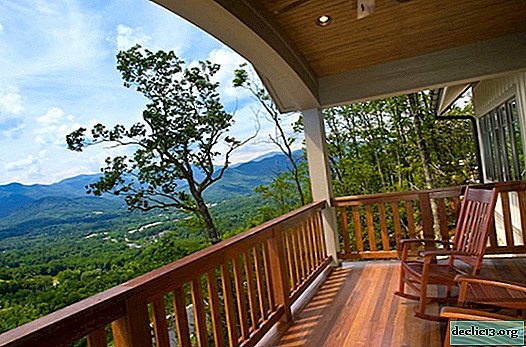Charleroi, Belgium: Airport and City Attractions
The city of Charleroi (Belgium) is located in the Walloon region near Brussels and closes the three largest settlements of the state. Belgians call Charleroi the capital of the "Black Country". This nickname reflects the history of the region - the fact is that Charleroi was a large industrial center in Belgium, there were numerous coal mines. Despite this, the city is included in the list of the poorest settlements with high unemployment. In addition, Charleroi has a fairly high crime rate.
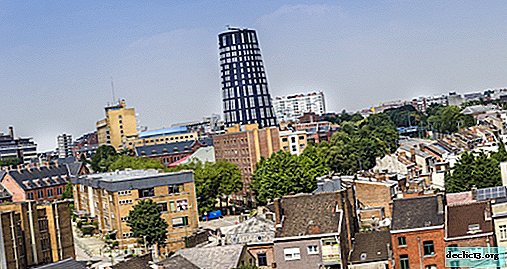
However, do not cross out the city from the list of places where a tourist should come. There are attractions, historical monuments.
General information
Charleroi is located on the banks of the Sambre River, the distance to the capital is only 50 km (in a southerly direction). About 202 thousand people live here.

Charleroi was founded in Belgium in the middle of the 17th century. The name of the city is given in honor of the last monarch of the Habsburg dynasty - Charles II of Spain.
The history of Charleroi is filled with drama, because for many centuries it was besieged by numerous foreign armies - Dutch, Spanish, French, Austrian. Only in 1830, Belgium acquired the status of an independent state. This event marked the beginning of a new stage in the development of the country as a whole and the city of Charleroi in particular.
During the industrial revolution, Charleroi became a center for steelmaking and glass production, at which time the boundaries of the city expanded. At the end of the 19th century, Charleroi was called the locomotive of the Belgian economy, the city ranked second in the list of the richest settlements in the country after the capital.
Interesting fact! Thanks to the industrial capacity of Charleroi, Belgium was considered the second economic capital in the world after Great Britain.
In the 20th century, many immigrants from Italy came to work in the Charleroi mines. It is not surprising that today 60 thousand inhabitants have Italian roots.
The Second World War caused a recession - mines and enterprises were massively closed. In the postwar years, the Belgian government and the city leadership took measures to revive the economy of the entire region.
Today, the industrial complex of Charleroi is developing at an active pace, but also here they do not forget about the historical heritage and architectural monuments.
What to watch
Charleroi in Belgium is divided into two parts: upper and lower.
The lower part, despite the external gloominess, attracts tourists with interesting memorable places:

- Albert I Square;
- exchange passage;
- temple of St. Anthony
- Central station.
All commercial and financial organizations of Charleroi are located in the central part of the Lower City. A couple of kilometers from Albert I Square, there is an elegant English-style garden - a beautiful place for leisurely walks.

Familiarity with the upper part of Charleroi is best to start from Manege Square, the Museum of Fine Arts is located in the western direction. The next stop is Charles II Square, where the Town Hall and the Basilica of St. Christopher are located.
Also in the Upper Town you can stroll along the Neuve shopping street, along the boulevards of Paul Jeanson, Gustave Roulet, Frans Devandre. Alfred de Fontaine Boulevard is notable for the Museum of Glass; nearby is the picturesque Queen Astrid Park.
Le Bois du Cazier ParkThis is a park dedicated to the past of the city associated with industry and hard work in mines. The cultural site is located south of Charleroi.

The park was arranged on the site of the mine, where in 1956 there was the largest disaster in Belgium, as a result of which 262 people died, 136 of them were Italian immigrants. After the tragic event, authorities tightened security measures for miners and improved working conditions.

The attraction of Charleroi is not the most remarkable in Belgium, it is worth a walk for those who want to see a little from a different angle. On the one hand, it is a green garden where it is pleasant to relax with the whole family, and on the other, there are exhibits reminiscent of the difficult, tragic history of the city.
On the ground floor of the Museum building there is a Memorial in memory of all those who died during a fire at the mine. On the second floor there is equipment used for forging and casting. The area of the park is 25 hectares, on its territory there is an open theater, an observatory.

Helpful information: The attraction is located at: Rue du Cazier 80, Charleroi. Official site of the cultural site: www.leboisducazier.be. You can visit the attraction:
- from Tuesday to Friday - from 9-00 to 17-00;
- Weekends - from 10-00 to 18-00.
- Monday is a day off.
Ticket price:
- adult - 6 euros;
- lurists from 6 to 18 years old and students - 4.5 euros.
- Admission is free for children under 6 years old.
The attraction was founded in 1987 in the building of the Carmelite Monastery. In the past, Mont-sur-Marcienne, where the museum is located, was a village, and only in 1977 became part of the city.

The museum is recognized as the largest in Europe among attractions dedicated to similar topics. The exhibits are presented in two chapels, they hold temporary exhibitions dedicated to photographers of different nationalities. About 8-9 exhibitions are held throughout the year.

The exposition of the permanent exhibition acquaints visitors with the history of photography, the museum’s collection includes more than 80 thousand printed photographs and more than 2 million negatives. In addition to photographs, the museum has a collection of old cameras and literature on the art of photography.
Helpful information: the attraction is located at 11 Avenue Paul Pastur and accepts tourists:
- from Tuesday to Friday - from 9-00 to 12-30 and from 13-15 to 17-00;
- on weekends - from 10-00 to 12-30 and from 13-15 to 18-00.
Monday is a day off.
The ticket costs 7 euros, but a walk through the garden that surrounds the museum is free.
Church of St. ChristopherThe attraction is located on Charles II Square and was founded in the middle of the 17th century. Locals call the church a basilica. The French built it in honor of St. Louis, but only one stone with a commemorative inscription was preserved from the first building.

In the 18th century, the basilica was expanded and renamed, since then it has been called St. Christopher. From the building of the 18th century, decorated in Baroque style, the choir and part of the nave have been preserved.
In the mid-19th century, a large-scale reconstruction of the temple was made, as a result of which a copper dome was installed. The main entrance to the basilica is located on rue Vauban street.
The attraction of the basilica is a huge mosaic panel of 200 sq.m. Mosaic laid out in Italy.Find out RATES or book any accommodation using this form
Charleroi Airport
Charleroi International Airport is the second largest passenger in Belgium. It serves flights of many European airlines, mainly low cost, including Ryanair and Wizz Air.

Charleroi Airport is built on the outskirts of the city, the distance to the capital is 46 km. Belgium has excellent transport links, so getting here from any current in the country is easy.
The terminal of the Brussels-Charleroi airport, built in 2008, is designed to serve 5 million passengers annually.
Airport Services:
- large area with shops and a restaurant;
- there is a Wi-Fi zone;
- ATMs
- points where you can exchange currency.
There are hotels near the airport.
You can get by different means of transport:
- taxi - to Charleroi, the trip costs about 38-45 €;
- bus - to Charleroi, there are regular buses to the central station, ticket price is 5 €;
Compare accommodation prices using this formUseful information: Charleroi Airport's official website is www.charleroi-airport.com.
How to get from Charleroi Airport to Brussels

There are several options to cover the distance from Charleroi Airport to the capital of Belgium:
- Shuttle bus
- suburban bus;
- transfer trip - bus-train.
The best way to get from Charleroi airport to Brussels is to use the Brussels City Shuttle bus.

- The cost of a ticket when buying online at www.brussels-city-shuttle.com is from 5 to 14 EUR, the fare when paying at the box office or machine is 17 €.
- The duration of the route is about 1 hour.
- Flights follow in 20-30 minutes, the first at 7-30, the last at 00-00. Departure from the airport building is about 4 exits, platforms - 1-5.

It is important! If you book a ticket in advance (for 3 months), its cost is 5 euros, for 2 months - 10, in other cases you will have to pay 14 euros.
The Shuttle arrives in Brussels at the Bruxelles Midi station.
By Suburban Bus
The cheapest, but not the most convenient way to get from Charleroi Airport to Brussels is to take the shuttle bus.
- Ticket price - 5 €.
- Duration of the trip - 1h 30 min.
- Flights depart in 45-60 minutes.
The disadvantage is that the nearest stop is 5 km away - at the GOSSELIES Avenue des Etats-Unis. The final stop in the capital of Belgium is Bruxelles-Midi (train station).
By bus with a train
If for some reason you are not comfortable getting from Charleroi Airport to Brussels on the Shuttle Basse, you can take the train to the capital of Belgium.
- Price - 15,5 € - a single ticket for two modes of transport.
- The duration of the route is 1.5 hours.
- Flights depart in 20-30 minutes.
The route involves a bus ride marked with the letter A from Charleroi Airport. The final stop is the city's railway station, from where the train to Brussels follows.
It is important! Tickets can be purchased directly in Charleroi. You can book your ticket on the Belgian Railways website (www.belgianrail.be) or on ru.goeuro.com.
Charleroi (Belgium) - a city with a rather tragic history, it can not be called bright and spectacular. However, in terms of tourism, it deserves attention. Having visited it, you can see unique monuments of architecture, museums and visit shops.

